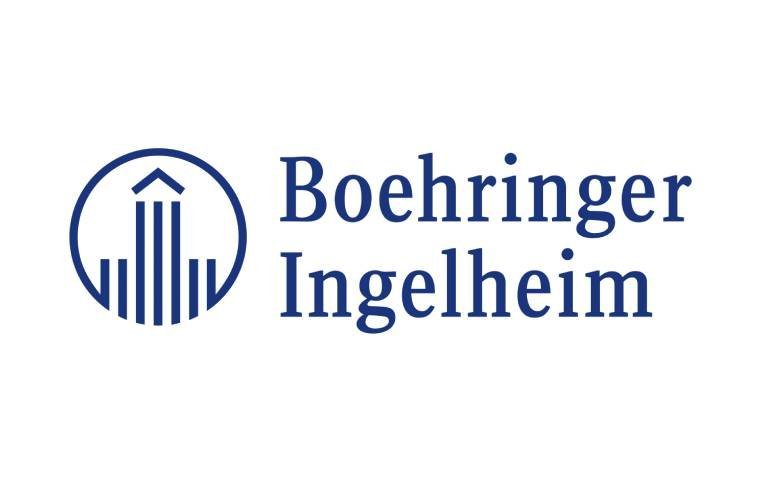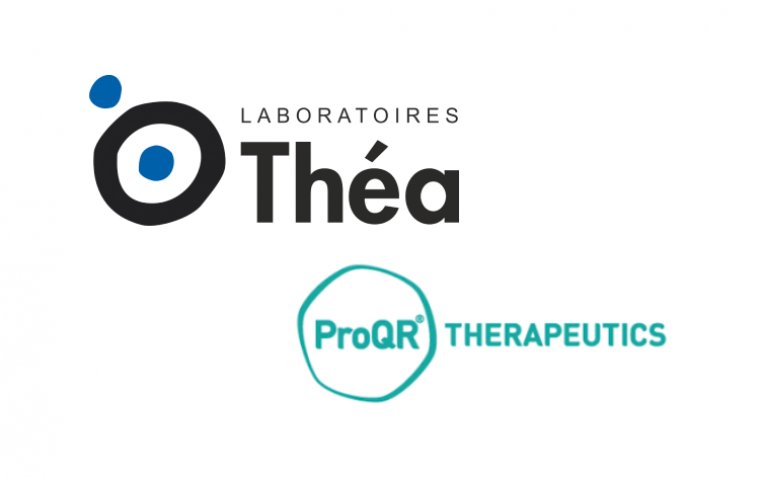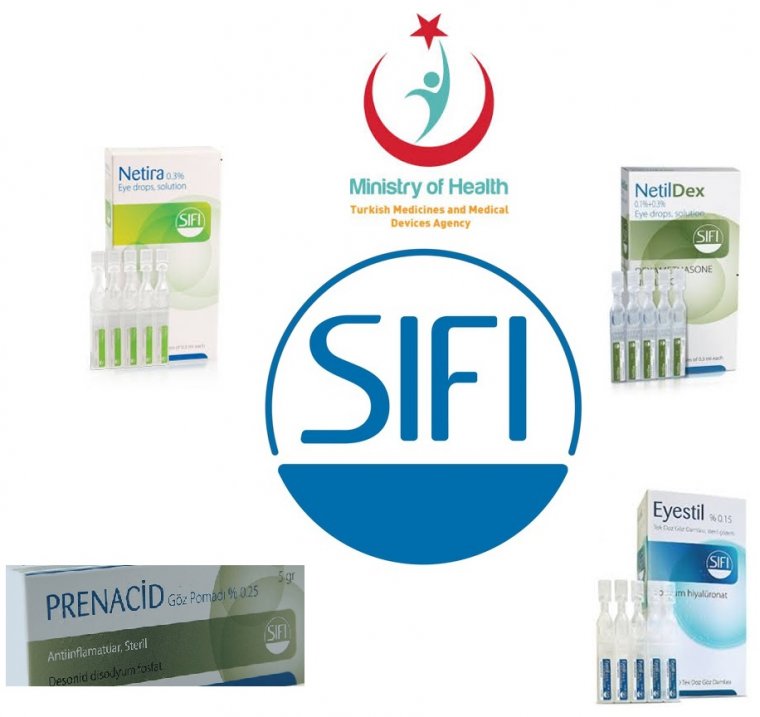
Oklahoma Neonatologist-Researcher Awarded $2.3 Million NIH Grant to Advance Retinopathy of Prematurity Research
Dr. Faizah Bhatti, a neonatologist and researcher from the University of Oklahoma, has been awarded a 5-year, $2.3 million grant from the National Institutes of Health (NIH) to investigate the role of surfactant protein A in the development of retinopathy of prematurity (ROP). Dr. Bhatti was the first to discover surfactant protein A—a protein linked to blood vessel growth—in the eye, previously thought to exist only in the lung. This breakthrough research may unlock new pathways for understanding and potentially preventing ROP in premature infants.
Understanding the Role of Surfactant Protein A in Retinopathy of Prematurity
"At full-term birth, the retina is nearly covered in blood vessels to ensure proper functioning," explained Dr. Bhatti, an associate professor in pediatrics, ophthalmology, and neurosciences at the OU College of Medicine. "For a baby born at six months, however, blood vessel growth is minimal." This underdevelopment can lead to ROP, where blood vessels grow abnormally, distorting or even detaching the retina.
While supplemental oxygen, often necessary for premature infants, is a known risk factor for ROP, rates of the condition remain high despite advances in oxygen management. This motivated Dr. Bhatti to explore other factors that might influence abnormal blood vessel growth in premature infants, leading her to examine the role of surfactant protein A.
Key Findings and Future Research Goals
Dr. Bhatti’s foundational research demonstrated that removing surfactant protein A in a mouse model of ROP significantly reduced the eye disease. Her team then identified this protein in human retinal tissue, making them the first to illustrate surfactant protein A’s presence in human retinal disease.
With the NIH grant, Dr. Bhatti aims to understand surfactant protein A's precise role in the loss of normal blood vessels early in ROP’s progression. Preventing this early vascular loss is crucial, as current ROP treatments—such as laser therapy and injections—can carry risks and may not be fully effective.
“This research is critical because eye disease impacts these infants throughout their lives,” said Dr. Bhatti. “ROP can increase risks for neurodevelopmental disabilities and adult eye diseases, affecting quality of life and integration into society.”
Broader Applications: Exploring Blood Vessel Development Across Organ Systems
Dr. Bhatti, who also directs the Developmental Vascular Biology Lab at the OU Health Center for Pregnancy and Newborn Health, studies normal and abnormal blood vessel growth not only in the eye but across other organs. “What happens in the eye doesn’t occur in isolation,” Dr. Bhatti noted. “Insights from studying ROP can inform our understanding of complications in other systems, such as the brain, lung, and gut, that are also affected by abnormal blood vessel development in premature infants.”
Through this research, Dr. Bhatti and her team are paving the way for innovative approaches to ROP and other conditions linked to blood vessel growth, offering hope for improved outcomes in preterm infants and beyond.
Source:
(1).jpg)










